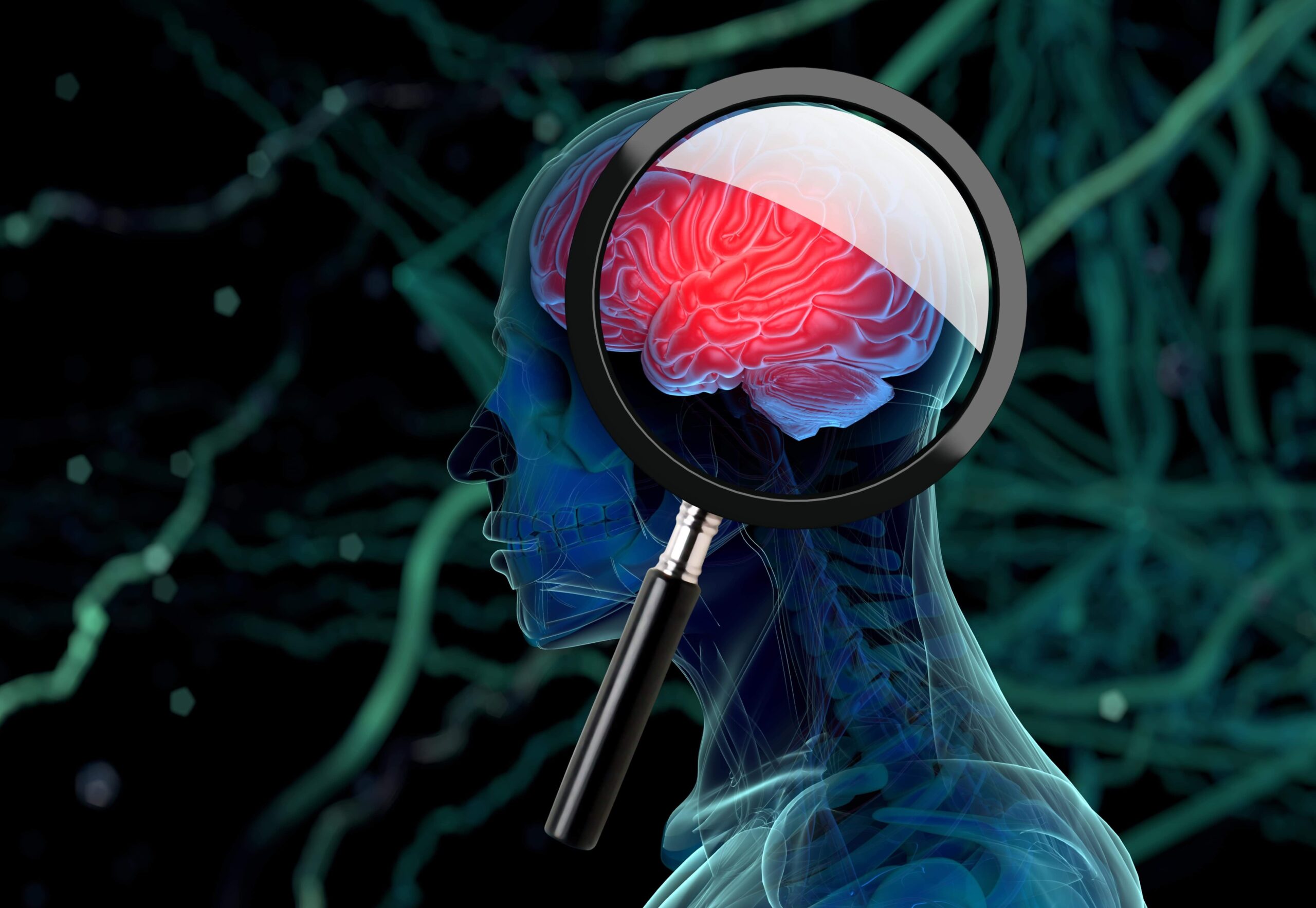Addiction is a disease. It is chronic, progressive, and aggressive. It affects both the brain and the body. It has negative impacts on the ability to learn, remember, and focus. Drugs or alcohol can make it hard to study, improve skills, and retain concepts. The effects are long-lasting, and sometimes permanent.
How Addiction Affects The Brain
Drugs and alcohol affect brain chemistry, some directly and some indirectly. Anything that alters brain chemistry will obviously affect the brain’s functioning. Most addictive substances make the brain produce dopamine or one of the other “feel-good” neurotransmitters, which are normally released during pleasurable activities. This dopamine rush basically takes over the brain’s reward system, becomes a positive reinforcement, and increases the likelihood of repeating the action again in the future. Repeated use forges a link between substance use and pleasure or happiness. Once this association is hard-wired, the search for the substance to recreate the high becomes priority one – addiction is born.
Addiction is a short circuiting of the brain’s mechanisms responsible for learning and memory. Chronic substance abuse can lead to permanent changes in the neural circuits that control the learning process. It interferes with the normal creation, movement, and consumption of neurotransmitters – the brain’s messengers. Many drugs are chemically similar to those neurotransmitters and they can foul up the messaging processes – changing the way the brain thinks, reacts, and processes memories.
This can be particularly harmful to young people as the human brain continues to develop until the age of 25. Drug or alcohol use can significantly impact the growing brain. Students who use drugs or alcohol have reduced abilities to concentrate and learn and as a result lower grades and greater chances of dropping out.
Research shows that excessive or chronic substance abuse can cause amnesia or memory loss. Even smoking reduces the amount of oxygen that gets to the brain, reducing the ability to form, preserve, and recall memories. Drugs change the chemical balance of the brain, interfering with both short and long term memory.
Many prescription drugs (including benzodiazepines, cholesterol lowering drugs, sleep aids, and anti-seizure meds) list memory loss as a possible side effect – even when used as directed. Illicit drugs are significantly riskier. Anyone who has ever “blacked out” from too much drinking has experienced a form of drug-induced amnesia. Many people who suffer memory impairment due to substance abuse aren’t even aware of it. The problem is widespread – studies show that almost 75 percent of ecstasy users have some level of memory impairment.
A study published in 2010 found that many recreational drugs adversely impact “prospective memory” (this enables a person to remember to do something they want or need to do but can’t do immediately – like calling someone later, or going to an appointment next week). Prospective memory is closely linked to organizational and planning skills, and interference can leave people feeling that they have forgotten to do something, or makes them actually forget to do it.
Some people take ADHD drugs without a prescription believing that they will increase concentration, focus, and recall. These are highly addictive and often cause dependency. The effects of abuse cause just the opposite – the inability to concentrate or remember. Some use prescription painkillers to obtain a high, but the short term effects of painkiller abuse also include difficulty concentrating.
The more often a person misuses drugs and alcohol, the more likely they are to experience short or long term issues with learning and memory loss.
How Addiction Affects Learning and Concentration
Outside of the purely physical aspects, addiction is a distraction that affects your ability to concentrate. As addiction becomes more serious, the addict spends more and more time thinking about the drug, trying to get the drug, and using the drug, and recovering from bouts of use to the exclusion of all else. They become unable to manage their money, meet work or school responsibilities, or maintain normal personal relationships. About a third of school dropouts say that substance abuse played a major role in their decision to leave school.
The cognitive effects of substance abuse even persist through rehab. Studies have shown that issues with mental flexibility, focus, impulse control, and memory last or even worsen during withdrawal, and take a long time to resolve themselves. While these issues are often temporary (lasting months to years), long-term abuse can also lead to permanent damage.
A mind learns and changes. It must capture, process, and store information, and build links between memories. For this to happen, the neural network of the brain must be in working order. Addiction alters brain chemistry and function, thus interfering with the normal cognitive processes of memory, focus, and learning. Treatment programs will not only help break the addiction but also support recovery from memory and concentration loss.
Why Choose Rising Phoenix?
Rising Phoenix Wellness Services is a licensed mental health and substance use disorder Intensive Outpatient Program (IOP) in Scottsdale, Arizona. We created our addiction and mental health treatment program to offer a safe, welcoming, and nurturing environment where clients are embraced, not judged, throughout their recovery process.
We offer programming that is based on Integrity, Innovation, Confident Humility, and Mindful Leadership. Our Mission is to help people recognize the unique value of their life and improve their overall health and wellness.

